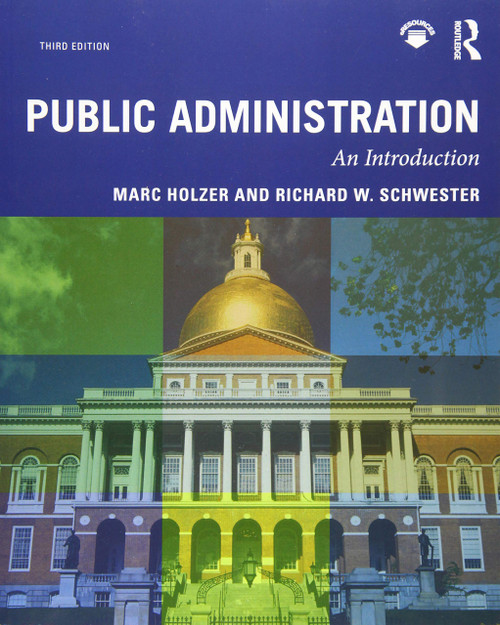Since publication of the last edition of this primer, budgeting has assumed a new importance as many colleges and universities are facing the sobering question of whether existing services and staffing levels can be sustained. This third edition is an invaluable tool in helping new academic administrators and faculty members understand how an institution s budget goes beyond mere numbers to define what an institution is all about and the significance of the budgeting process especially when there are fewer resources to allocate.
Readers will learn the basics of budgeting from allocating resources to understanding the broader implications of the current economic and political environment. They will learn the importance of linking budgeting to planning and measurement, and strategies for achieving budgetary objectives.
Just some of the topics covered include critical accounting and financial reporting issues; the importance of enrollments in determining resources, expenses, and investments; how institutional resources are expended and the problems that arise when traditional inflationary measures are applied to higher education; critical policy issues such as access, research priorities, and other demands on limited public resources; planning and budgeting cycles utilized by different types of campuses; and budgeting in times of financial crisis.
An appendix introduces readers to the various budgetary approaches that an institution might apply, and a glossary of common budgeting terms rounds out this useful text.










